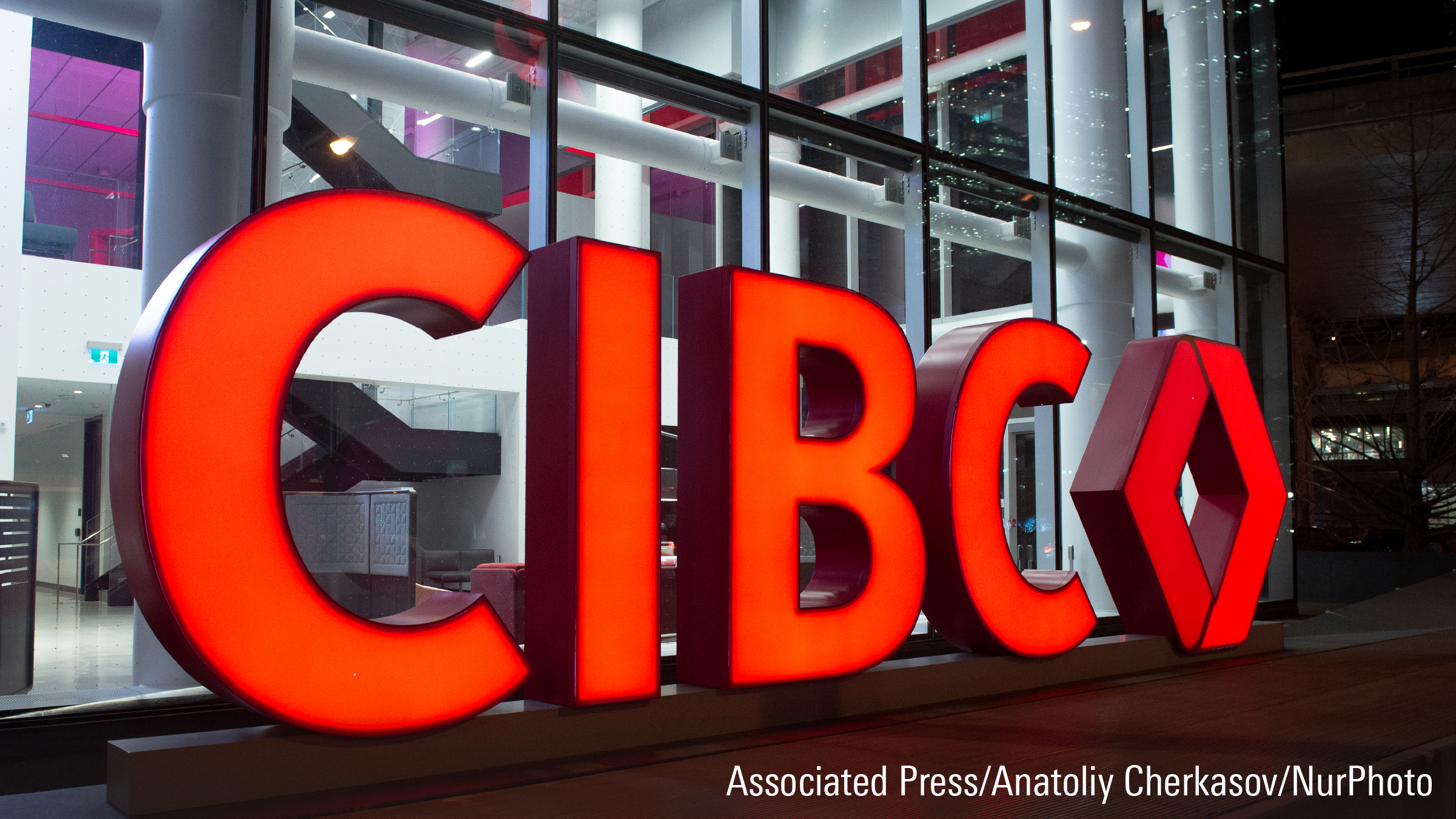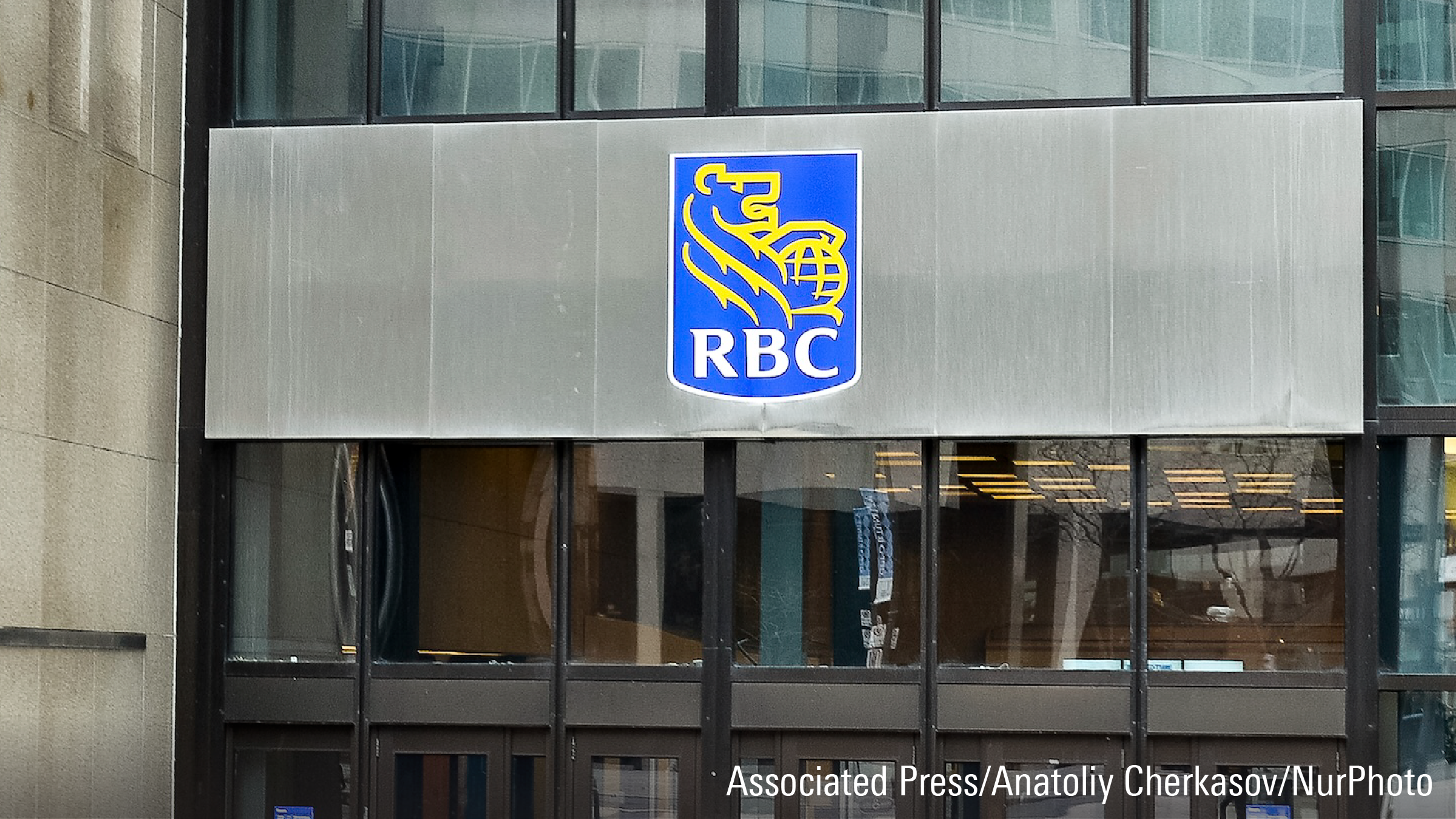
The past week’s events surrounding the collapse of Silicon Valley Bank, the largest failure since the 2008 financial crisis, demonstrate risks to the North American banking sector. During this period, U.S. banks have fallen 10%, at a time the sector was already distressed due to deposit outflows, economic slowdown, recession jitters and higher interest rates crimping consumer appetite for borrowing.
This may be a good time to look at financial institutions across the pond. Unlike their American peers, European banks continue to experience favourable deposit inflows, maintain significant liquidity reserves and are well capitalized.
While it’s not clear how much of a contagion risk the swift implosion of SVB may carry for the sector, this may be a good time for investors to look at European banks as a way to diversify their banking exposure and mitigate any widespread risk that may befall other U.S. banks.
London-based HSBC, (HSBC) is one of the largest banks in the world with US$3 trillion in assets and 40 million customers worldwide. The bank offers retail, commercial and institutional banking, global banking and markets, wealth management, and private banking services across 64 countries in Asia, Europe, the Middle East and North Africa, and North America.
U.K. and Hong Kong are the two largest markets for the bank.
“We see HSBC's strong positions in the banking systems of Hong Kong and the U.K., and its ability to link these two to support global business, as its main source of competitive advantage,” says a Morningstar equity report.
The bank’s broad global footprint leaves it subject to higher capital requirements, but the diversification also reduces profit volatility compared with peers, as seen during the global financial crisis.
“Given that China, Hong Kong, and Singapore are important hubs of wealth and growing trade corridors, the bank's pivot toward Asia—which generates around 75% of its pretax profit—is strategically sound,” says Morningstar equity analyst Johann Scholtz, who puts the stock’s fair value at US$49.
More recently, HSBC has exited unprofitable markets and low-returning regions as part of its restructuring efforts. As a result, it is better positioned to generate a return on equity at or above its cost of capital.
“The restructuring plan allows HSBC to focus on its strengths in Asia and the U.K.,” says Scholtz, adding that “the Asia region is becoming increasingly important for global trade, urbanization, and a growing middle class.”
Headquartered in the United Kingdom, Lloyds (LLOY:LSE /LYG (ADR):NYSE) is a retail and commercial bank that operates three business segments: retail (mortgages, credit card and current accounts), commercial banking (lending, transaction banking, working capital management), and insurance and wealth (life and property insurance, pension solutions).
Lloyds is a pure U.K. banking play, with 95% of its assets based domestically. The bank has transformed into a low-risk domestic retail and commercial bank following a significant restructuring process that started in 2011.
“It has shed about GBP 190 billion in runoff assets and GBP 200 billion in risk-weighted assets and has significantly reduced its dependence on wholesale funding,” says Scholtz, who puts the stock’s fair value at US$77.
Currently, Lloyds operates one of the strongest retail franchises in the U.K.
Although mortgages constitute the bulk of loans to customers (66%), Lloyds has delivered robust net interest margins, driven by a large deposit funding base and efforts to prioritize margins over volume.
The group’s competitive strength stems from the cost advantages and switching costs it enjoys in the U.K. market. “We view cost advantages as the primary source of moats for banks with large retail and commercial banking operations and divide costs into three categories: credit, operating, and funding,” says Scholtz, noting Lloyds benefits disproportionally from the interest-rate-hike cycle kicked off by the Bank of England.
Swiss banking juggernaut UBS (UBS) is the world’s largest wealth manager. It also operates a universal bank in Switzerland and a global investment bank.
Shaking off the 2009 bailout by the Swiss government and the 2011 fines for tax evasion to U.S. authorities, “UBS has successfully re-established its reputation as the world’s pre-eminent wealth manager/private bank for ultra-high-net-worth individuals,” says a Morningstar equity report.
Ultra-high-net-worth (UHNW) clients currently make up about 30% of UBS' investable assets in its wealth management operations.
“UHNW clients value strong relationships with their bankers, typically built up over years, often across generations,” says Scholtz, who pegs the stock’s fair value at US$22.80.
The Swiss bank provides exposure to robust secular growth trends, including the rising concentration of wealth, the expansion of high-net-worth individuals in developing economies, and an aging population.
“Globally, wealth is becoming more concentrated, and the assets of ultra-high-net-worth individuals are growing substantially ahead of global GDP,” Scholtz notes.
The bank is well positioned to benefit from growth in wealth in emerging markets, where competition is less intense. Additionally, the safety and diversification offered by a Swiss financial institution present an attractive option for investors from volatile geographies.
Moreover, the rapid advances in artificial intelligence and the explosion of fintech disruptors pose less of a risk to UBS than its global peers. “The complexity of ultra-high-net-worth individuals’ needs makes it unlikely that artificial intelligent solutions (robo-advisors) will be able to replicate the benefits of having a relationship manager,” argues Scholtz.




















